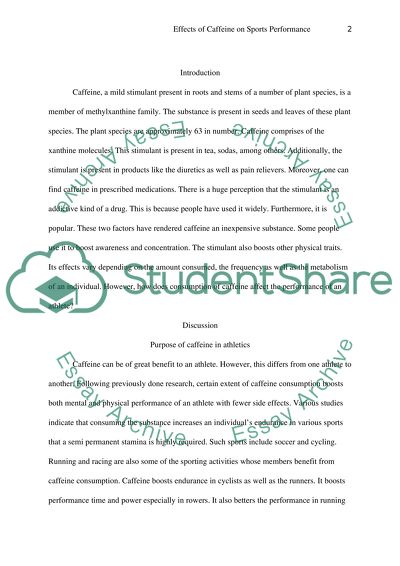Cite this document
(“The Effects of Caffeine on Sports Performance Research Paper”, n.d.)
Retrieved from https://studentshare.org/health-sciences-medicine/1458872-the-effects-of-caffeine-on-sports-performance
Retrieved from https://studentshare.org/health-sciences-medicine/1458872-the-effects-of-caffeine-on-sports-performance
(The Effects of Caffeine on Sports Performance Research Paper)
https://studentshare.org/health-sciences-medicine/1458872-the-effects-of-caffeine-on-sports-performance.
https://studentshare.org/health-sciences-medicine/1458872-the-effects-of-caffeine-on-sports-performance.
“The Effects of Caffeine on Sports Performance Research Paper”, n.d. https://studentshare.org/health-sciences-medicine/1458872-the-effects-of-caffeine-on-sports-performance.


